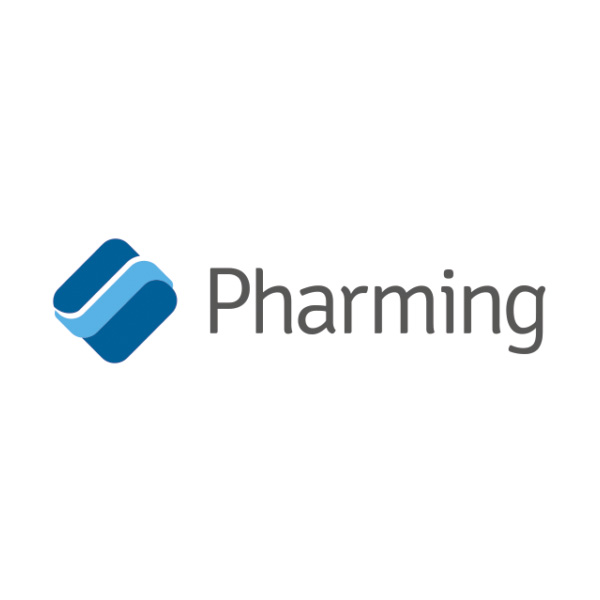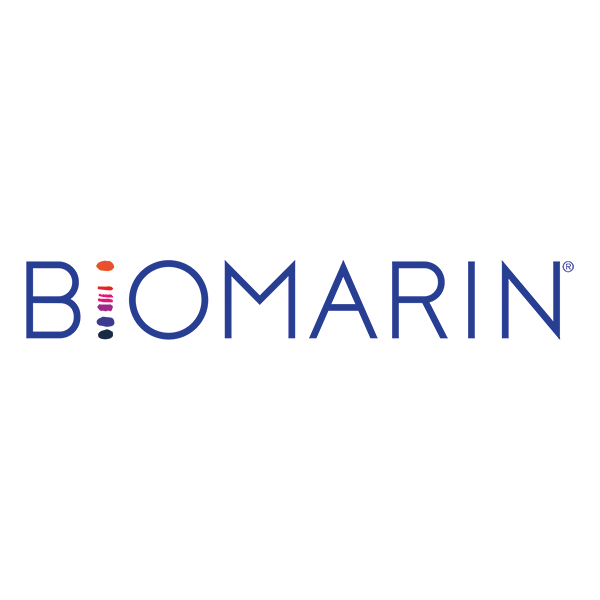In brief
- Your region: Nordics & Germany, Austria, Switzerland (known as Nordics & DACH)
- Number of countries: 10
- Number of MOs: 8
Tell us a little about yourself
My name is Jørn Schultz-Boysen. I am an HAE patient myself, and a caregiver to my son, who also has HAE.
I hold the Vice Chairman role of HAE Scandinavia and am a member of the Board of Directors of HAEi. I serve as a Project Manager for HAEi’s event management system EventZoo and am also the Regional Patient Advocate for Nordics & DACH.
I work for adcobo ApS as a Business Development Director, and live in Struer, Denmark with my wife, daughter, son, and our golden retriever ☺.
Tell us a little about your region
The region I represent is Nordics & DACH. Nordics covering the following countries:
Denmark, the Faroe Islands, Finland, Greenland, Iceland, Norway, and Sweden.
DACH covers the following countries:
Germany, Austria and Switzerland.
In general, all these countries are blessed with good healthcare systems and most patients have access to HAE medicine. However, not all new medicines are approved in all countries (yet) and it remains an issue making the transition from acute treatments to prophylactic treatments.
In the 10 countries I work with, there are 11 official languages.
Most of the countries hold strong and experienced HAE organisations that have a solid network of patients and health care professionals.
What are you most proud of being able to do for the countries in your region?
I am very happy that HAEi offers me the opportunity and support to be able to dedicate time with the countries in “my” region. This way, I can be HAEi’s representative “on the ground” and be closer to the countries and the exciting activities going on locally for all the HAE patients and care givers/families. Being a link between HAEi and the local countries, I hope to be able to provide operational support, to have a dialogue about the tools offered from HAEi and help the countries make the most of them in their daily operation. Ultimately, I strive to help patients in all these countries.
As most of the HAE organisations in “my” region are extremely experienced, a key factor is also to learn from the country organisations, be inspired and exchange knowledge between the organisations, to enhance communication and to make the HAE community even stronger.
What changes have happened for people with HAE in your region whilst you have been an RPA?
I have only been on board as a Regional Patient Advocate since the autumn of 2020 – and as everywhere else in the world, the Nordics & DACH have also been shut down due to the Covid-19 virus. Therefore, there hasn’t been any activity in terms of physical meetings. And as mentioned earlier, the HAE organisations in “my” region are all very experienced and have their own activities and actions.
So, to say that there have been any major changes for HAE patients whilst I have been a Regional Patient Advocate would be an overstatement. But we have accomplished things:
- Emergency Cards are available to patients in five different languages,
- The migration of local websites to be hosted on the HAEi servers has started
- The HAE Companion app has been rolled out
We have increased dialogue to exchange knowledge on tools available, on things going on in the countries, etc. This is a vital part of working and being stronger together.
What Next Steps will you be taking as an RPA to support your region?
Short term: I hope everyone will have fun with the hae day :-) campaign and add a lot of activity to the global campaign. It should be a lot of fun!
Longer term there is still much to do:
- The tools offered by HAEi can benefit many countries – including a free hosted website, free membership database with focus on security, GDPR and ease of use (communication with members), new apps (HAE Companion, TrackR), and emergency room poster
- For a few of the countries we are still looking to identify patients and health care professionals.
- Getting a cross region network up and running and building connections between the organisations so we can all benefit from knowing each other – and learning from each other
- Setting up a network amongst physicians in the region to ensure best practice and a learning base
Increasing the number of ACARE centers in the regions to make life safer for HAE patients living here.
Last but not least, we must continue to share the many good ideas from all the HAE organisations in the region.










